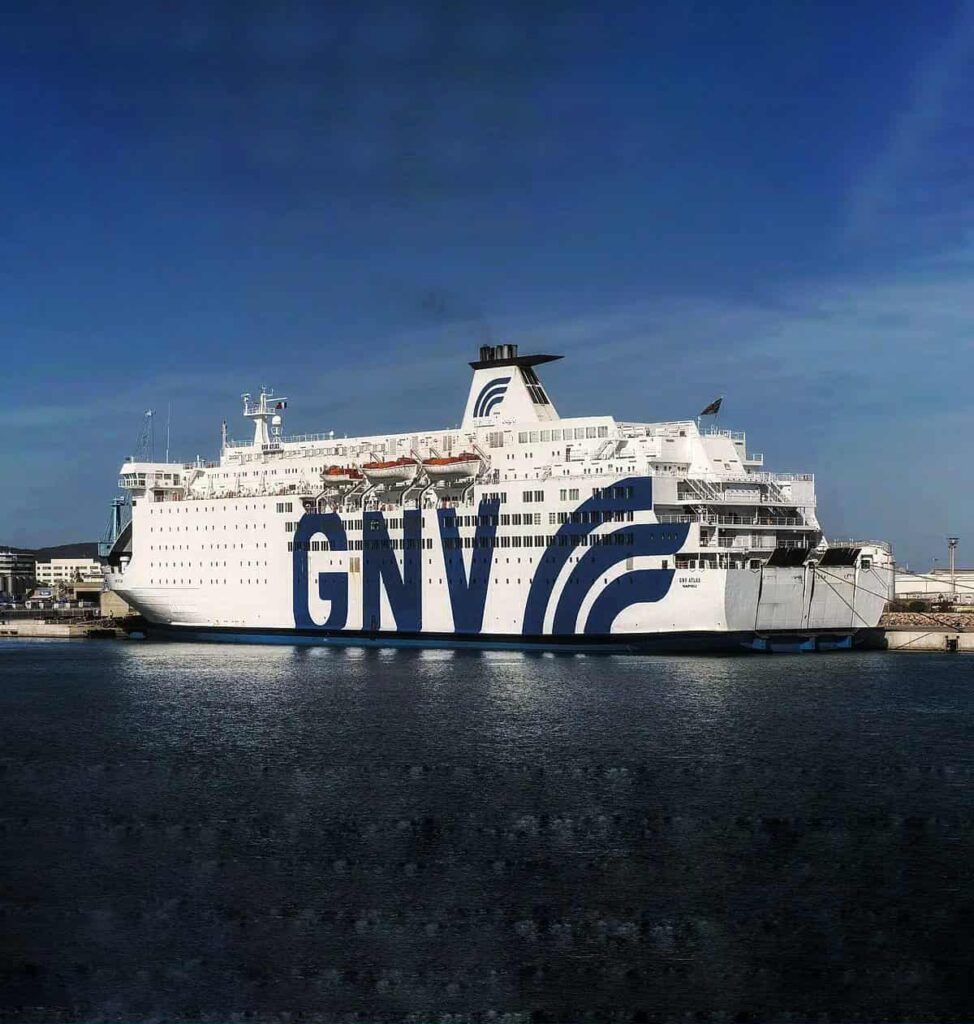It will be held weekly and will be offered during the high summer season from July to September.
Italian GNV, a ferry company of the MSC Group, has announced the launch of the new direct maritime connection between Civitavecchia and Tunis, operating from the second half of July to mid-September 2025.
The new seasonal service
In a note, the company led by Matteo Catani explains that the new seasonal service, operating once a week, is added to the historic Civitavecchia-Tunis route via Palermo, already active from October sales and regularly confirmed for the 2025 season.
Related :MSC and GNV signs order for 4 new Ro-Pax ferries in China

The new route represents a novelty in GNV
“The new route represents a novelty in GNV’s programming and was created with the aim of responding to the growing demand for direct connections between Italy and Tunisia, offering a faster service and strengthening capacity. The new direct connection was also created to support the mobility of the Tunisian community living in Central-Southern Italy during the summer period” explains the company.
Departures every week from Civitavecchia
The new direct connection will be operated with a weekly frequency with departures every Tuesday from Civitavecchia in July and every Saturday in August. In parallel, the historic Civitavecchia–Palermo–Tunis route will remain active as usual, continuing to operate on weekends with departures from the Lazio port on Fridays.
About :( GNV )
GRANDI NAVI VELOCI ( GNV ) is one of the leading Italian shipping companies operating in the fields of coastal navigation and passenger transport in the Mediterranean Sea. The company was founded in 1992 and the first ship, the M/n Majestic, was launched in 1993.
GRANDI NAVI VELOCI owns 19 ships and operates shipping connections to Sardinia, Sicily, Spain, Tunisia, Morocco, France and Albania. As well as passenger services, the GRANDI NAVI VELOCI fleet is committed to the development of Motorways of the Sea routes: seaborne transport represents a cheaper alternative to traditional road transport and provides a worthwhile solution to environmental issues linked to the intensive use of motor vehicles on our road networks.




